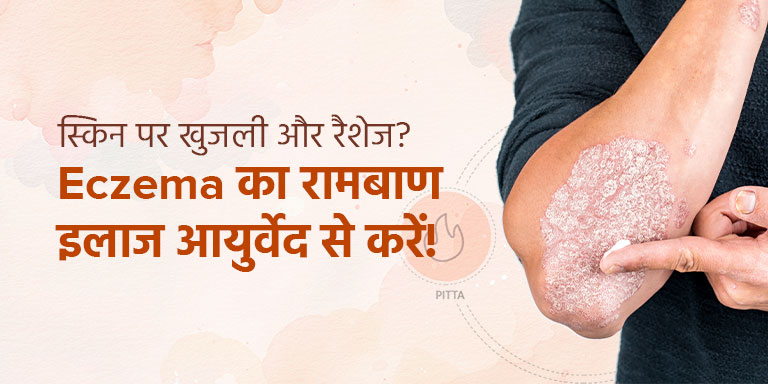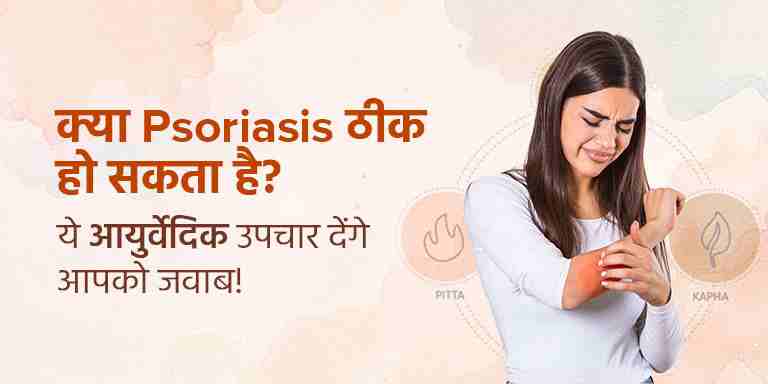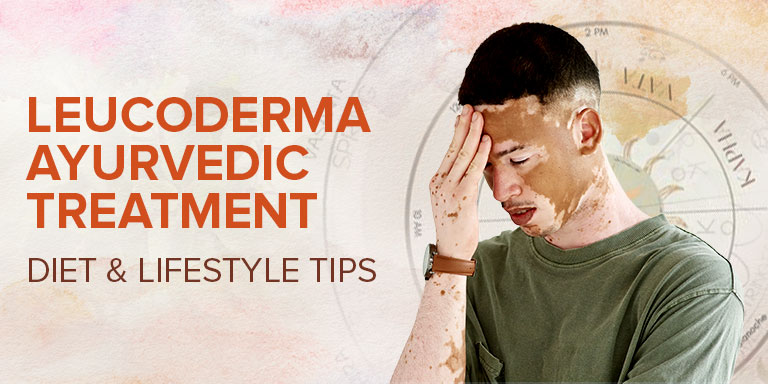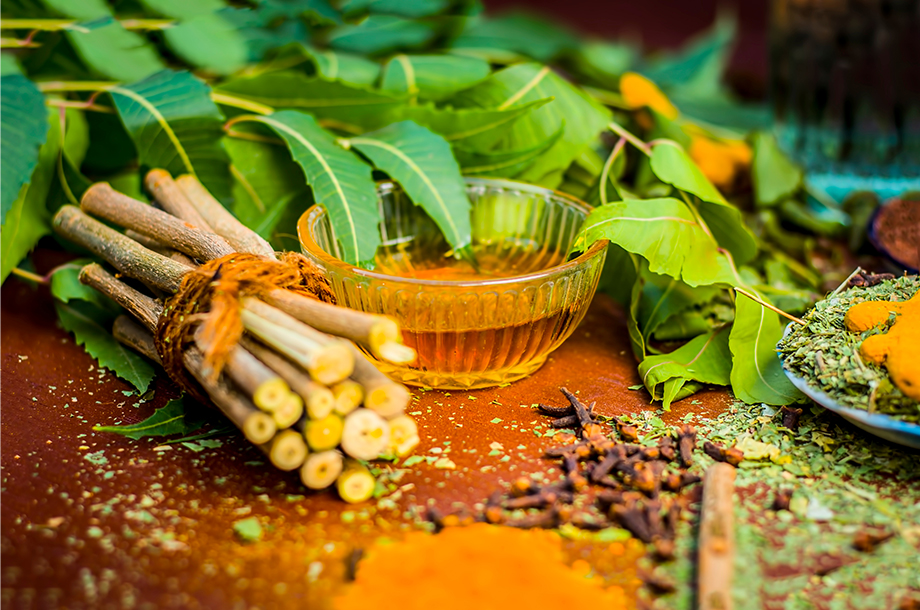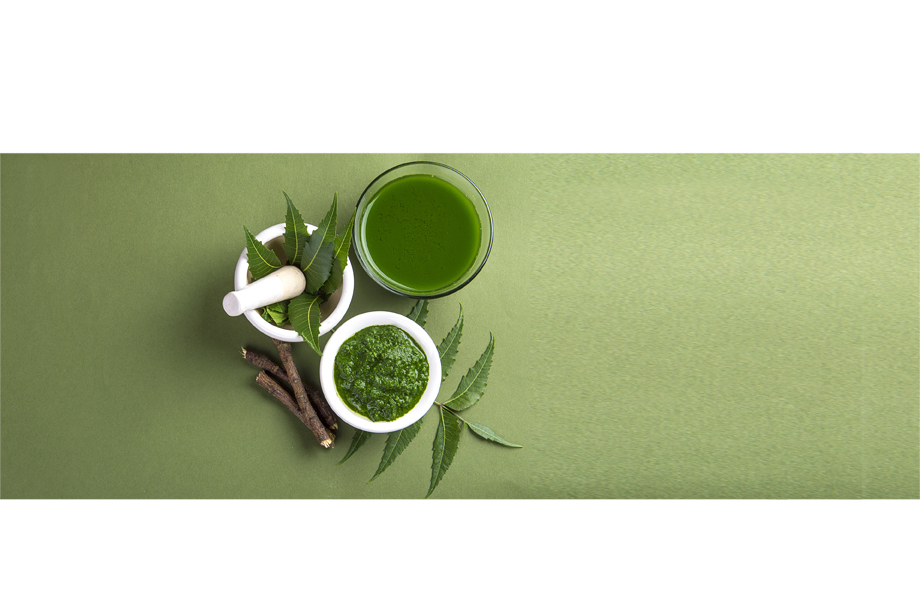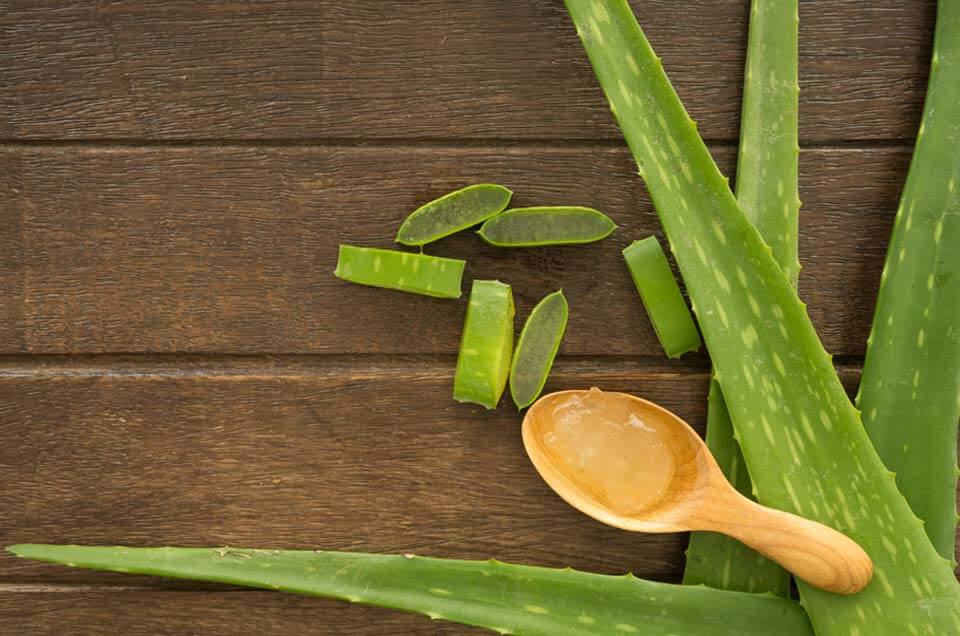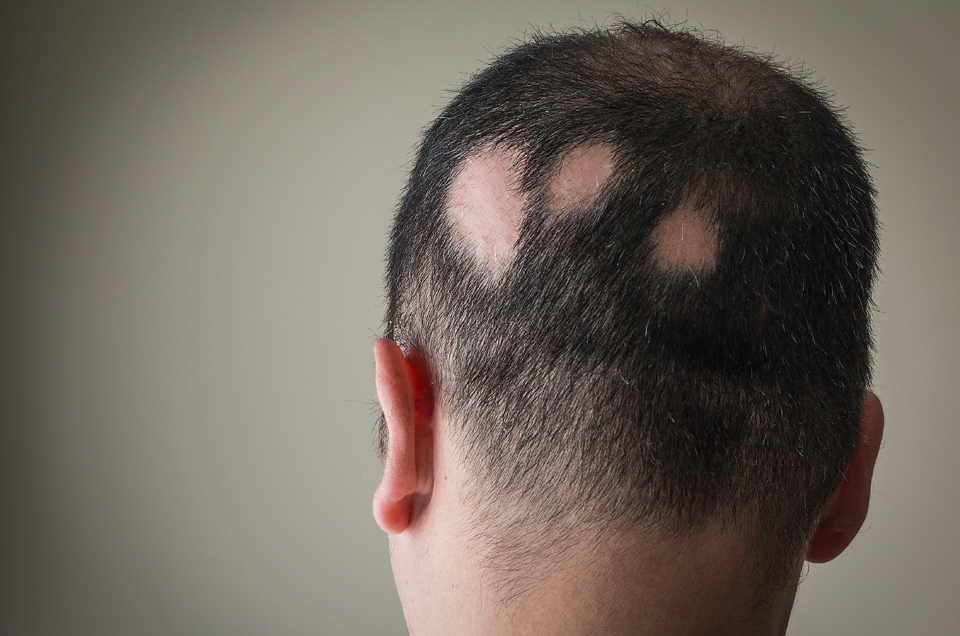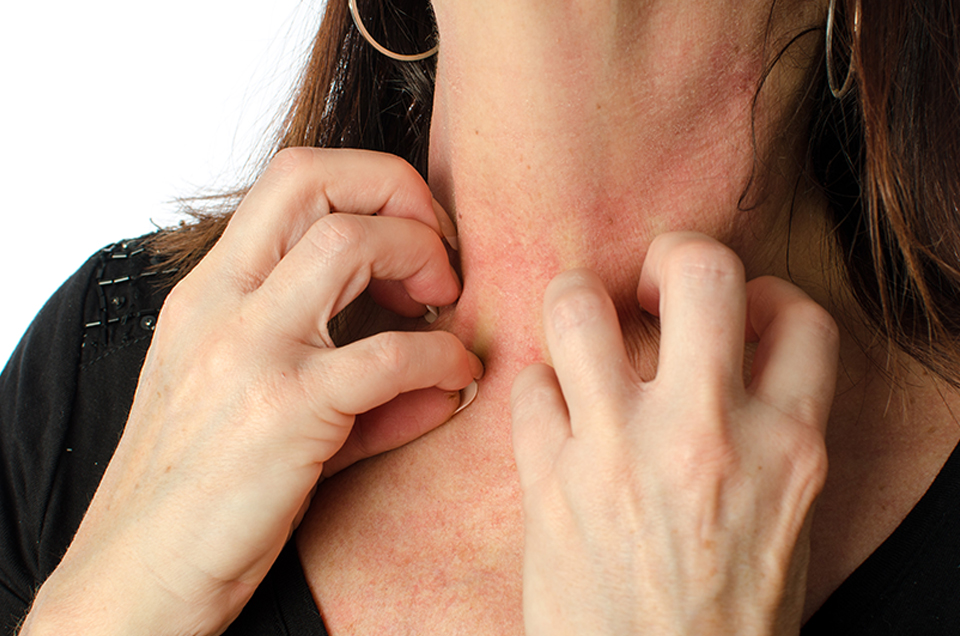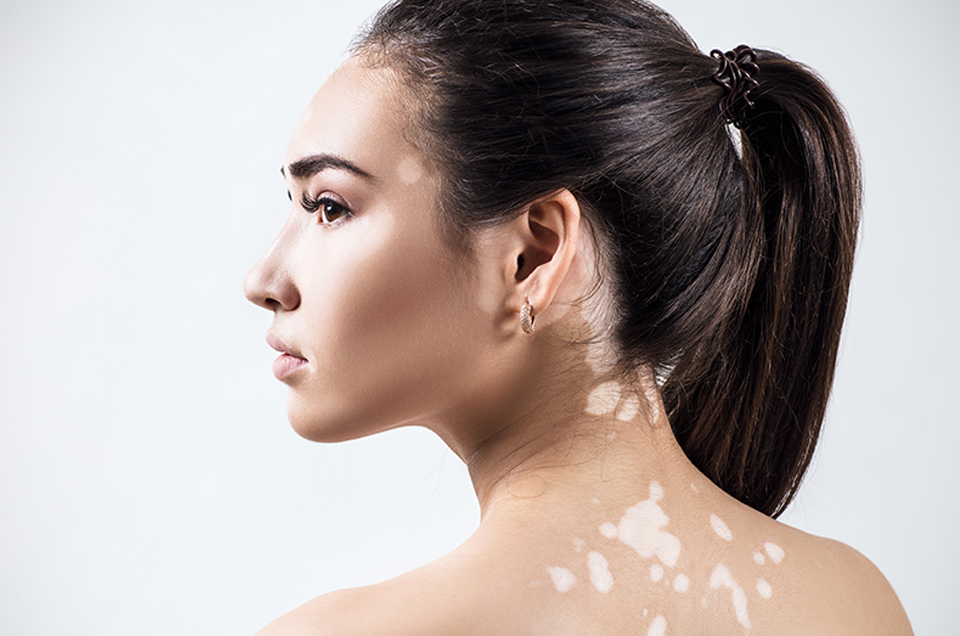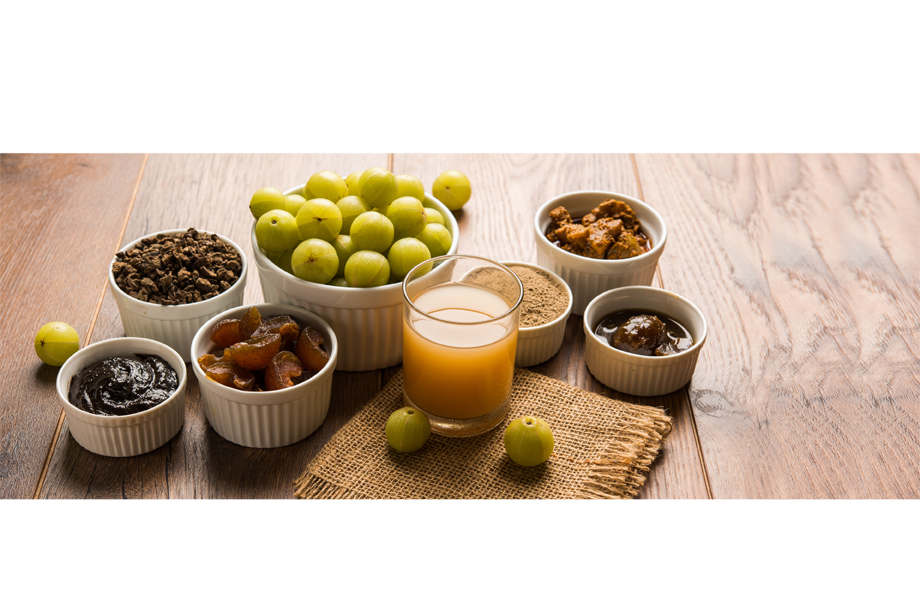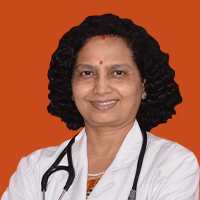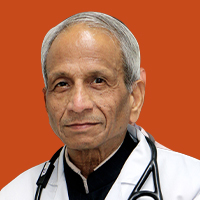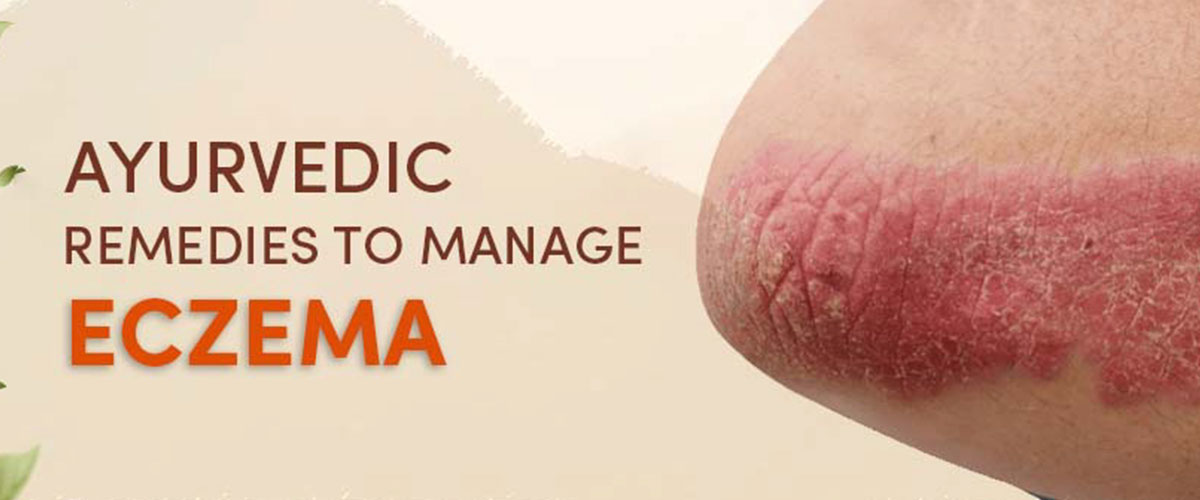 Eczema is one of the most common skin diseases. It makes the skin itchy, and flakey and causes a mild burning sensation alongside slight redness. The early signs of Eczema can be noticed in the form of sudden dryness and itchiness of the skin. And as the disease becomes more dominant, the skin starts hurting and gets more and more flakey. If the affected area is scratched too frequently, it can worsen even more and you will notice more redness and inflammation.
Eczema is one of the most common skin diseases. It makes the skin itchy, and flakey and causes a mild burning sensation alongside slight redness. The early signs of Eczema can be noticed in the form of sudden dryness and itchiness of the skin. And as the disease becomes more dominant, the skin starts hurting and gets more and more flakey. If the affected area is scratched too frequently, it can worsen even more and you will notice more redness and inflammation.
What are the different types of Eczema?
Based on the early signs, symptoms, and the duration of the condition, Eczema can be classified into the following categories.
#1 Discoid Eczema
Discoid Eczema leads to the development of chronic inflammation, and itchiness and makes the skin patchy. Even more, sometimes there is the possibility of pus development, oozing out frequently. It is non-contagious, however can resurface sporadically on limbs. Commonly noted among men and women under 50 years of age.
#2 Atopic Eczema
Atopic Eczema is most commonly observed in children under the age of 10. However, it can affect men and women of all ages, so to speak. This type of Eczema usually starts with itchy skin, followed by patchy development and eventually converting to rashes. Atopic Eczema is commonly noted in the knees and chest. Excessive scratching can often worsen the condition, gradually increasing redness and burning sensation.
#3 Xerotic Eczema
Xerotic Eczema is commonly referred to as Winter itch, occurring due to excessive dryness of the skin due to exposure or skin sensitivity to harsh cold weather. Skin dryness happens mostly due to a lack of adequate moisture in the skin, leading to patchiness, rashes and roughness. Usually, the symptoms can be countered with subtle self-care care such as proper moisturisation using ayurvedic herbal skincare products, however, there are chances of some cases being worse, requesting the need for medical intervention from a certified ayurvedic skin disease expert. Additionally, zinc deficiency or a drop in the water content of the body below 20 % or so can also be factors leading to Xerotic Eczema.
#4 Contact Eczema
As the name suggests, Contact Eczema usually occurs when there is a direct interaction of allergens and skin, or when sweat stays on the skin’s surface for a long duration. This variant of Eczema is commonly noted among those who wear wristwatches, jewellery, apply cosmetics and chemically induced fragrances too frequently. Common effects of contact Eczema can be a burning sensation of the skin, rashes, redness and extreme itchiness.
Anti-bacterial soaps are a good means to counter contact dermatitis/ eczema. however, if the condition worsens, we recommend you connect with a certified Ayurvedic skin specialist and consult for the right medical approach towards your case.
#5 Venous Eczema
Venous Eczema is commonly noted in older people. The symptoms are fairly similar to any other variant of Eczema, wherein the skin turns dry and flaky, followed by the development of visible redness and veins start to become more prominently visible. It primarily affects the legs.
What are the most common symptoms of Eczema?
To summarise the key symptoms of Eczema in a nutshell, you should watch out for the following clues:
- → Skin turning dry and patchy
- → Extreme itchiness
- → Rashes
- → Inflammation and swelling
- → Visible Redness of skin
- → Presence of tiny pimple with oozing pus
What factors can trigger Eczema?
Following are some prime factors that can lead to the development of Eczema.
→ It can be triggered because of your surrounding
Numerous factors in the environment can irritate the skin. For instance, smoke, pollen, pet hair, inhabiting pollutants, and dust can be some key triggers. Likewise, using harsh chemically laced soaps, or at times wearing certain kinds of jewellery can also react to the skin and lead to the development of Eczema. Not to mention sweat caused by heat and moisture can even worsen the condition, so much so that you might need the immediate attention of an Ayurvedic skin specialist.
→ It can be triggered because of your genetics
Genetic conditioning has been noted to be another key trigger for a variety of skin conditions, Eczema being one of them. It is very much possible that you may inherit the conditions if you have a family history of Eczema. Even more, you can be at higher risk of suffering from Eczema if you have a history of being allergic, or if you’re suffering from Asthma. Genetic mutation can highly impact the skin and its functioning.
→ It can be triggered by a lack of emotional well-being
Emotional distress is a key factor behind skin conditions, including Eczema. The chances for skin flare-ups and other symptoms of Eczema are higher if you have been consumed by stress and anxiety or victimised by depression.
→ Your immune system can trigger it
The immune system is very responsive, even to the minutest of allergens and other triggers that can aggravate certain doshas leading to skin diseases like Eczema. Being highly defensive, the immune system can hit overdrive mode leading to inflammation and visibility of other common symptoms of Eczema rapidly.
Can food also become a trigger for Eczema & Allergies?
Here’s the thing, food can also lead to Eczema or even aggravate the existing condition only if your body is allergic to it. So pay close attention to your diet, as regulating it can make all the difference and help with speedy recovery.
Are there any Ayurvedic remedies for Eczema?
Following are some recommended, ayurvedic remedies for Eczema.
Using Aloe Vera Gel
Gives instant relief and soothes the skin. Has been widely accepted for its natural skin-soothing and wound-healing qualities.
Panchakarma Therapy
As discussed, previously, an imbalance in the doshas can lead to Eczema as well as other skin diseases. Hence, Panchakarma therapy is highly recommended for Eczema treatment as well as for a host of skin diseases in general.
Through authentic Panchakarma therapy, one can
- Get a complete body oil massage for a set period (as recommended by a certified Ayurveda doctor)
- Deep cleansing through the consumption of medicated ghee
- Removal of toxins through vomiting and sweating
If you are troubled with severe Eczema and the condition is getting worse day by day, we recommend you consult a Jiva Skin specialist at the earliest. Get the best ayurvedic treatment for Eczema at Jiva ayurveda Clinics or Jivagram Hospital.




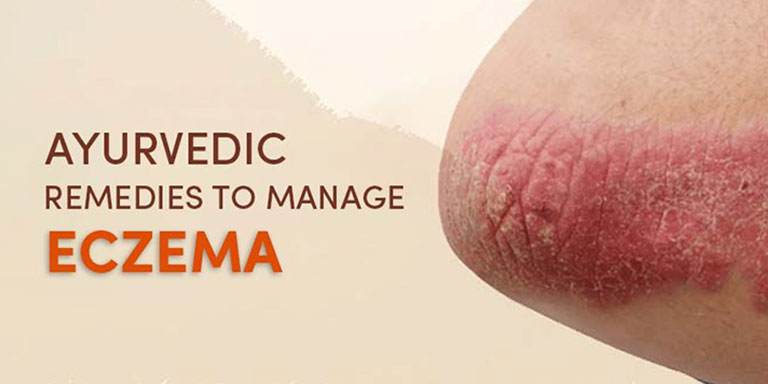
 Prev
Prev
